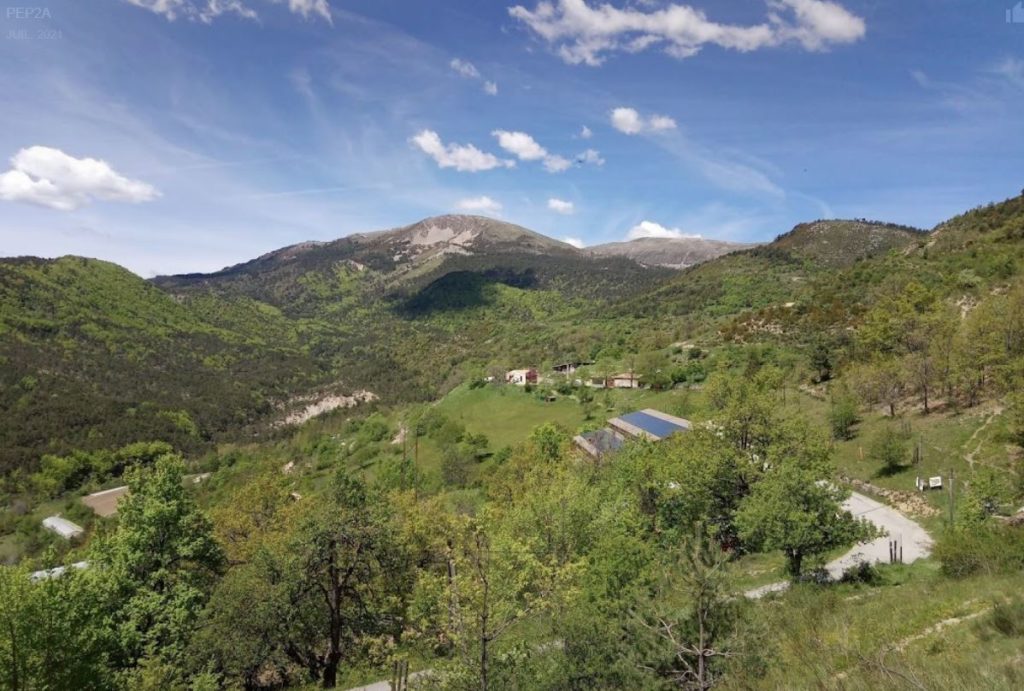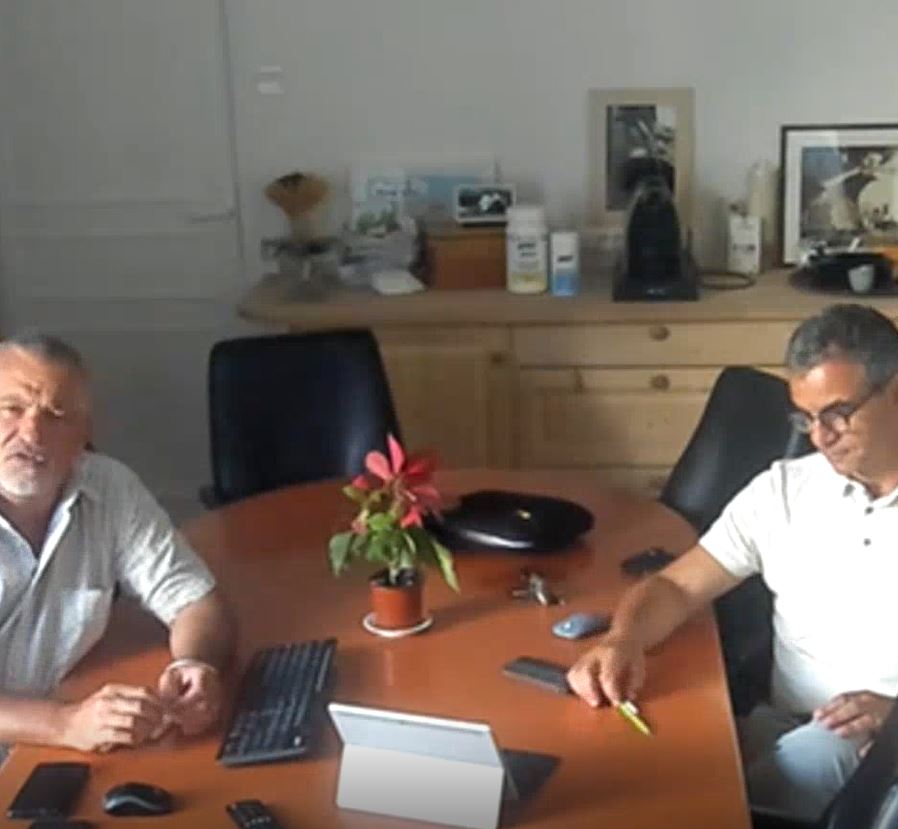Collective self-consumption in Châteauneuf de Grasse and the challenges of the rural and urban housing sector
A small rural commune on the edge of the Pre-Alps d’Azur Regional Park and adjacent to Grasse, Château neuf de Grasse, in the Alpes Maritimes (France) and its 3500 inhabitants are playing the card of exemplarity in the ecological transition, with food sovereignty and energy resilience as the main pillars.
Relying on the initiatives of the inhabitants, the opportunity to move from individual to collective autonomy has enabled the municipality to create a community whose objective is to produce and consume an energy mix of biogas, solar and hydraulic energy.

Despite the citizens’ dynamics and their motivation to accompany the city council in its transition project, for which they have been able to count on the support of national companies, the local cooperative PEP’s 2 and the company Tecsol (involved in solar air conditioning), there are still many obstacles, as the regulations are too complex and variable, and are not well adapted to local authorities, especially to small rural communities without technical support. The regulations are made either for an individual user or for industries.
Europe has its share of responsibility to make things change and the Erasmus+ project “rural energy communities” will contribute to this!
In the long term, says Mayor Emmanuel Delmotte, the municipality is aiming for 30% self-consumption and a 50% reduction in costs, primarily in municipal buildings, while also working on energy saving.

In France, 40% of the reduction of the greenhouse effect will come from the housing sector, and mainly from rehabilitation. This is what the participative workshop of September 10th in Le Cannet des Maures will be reflecting on!
